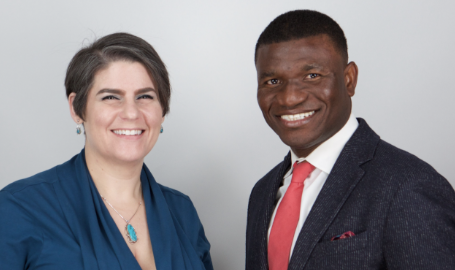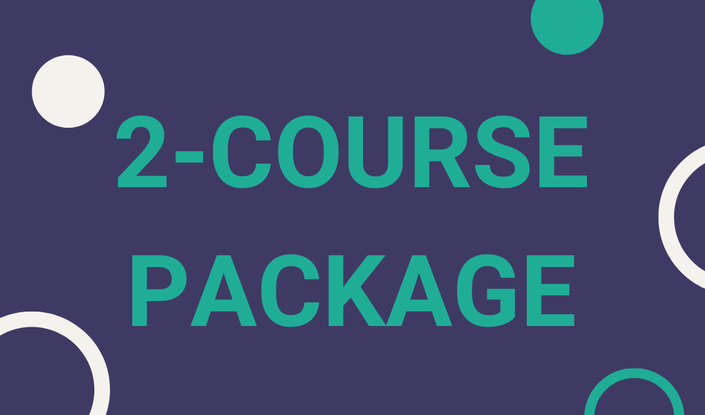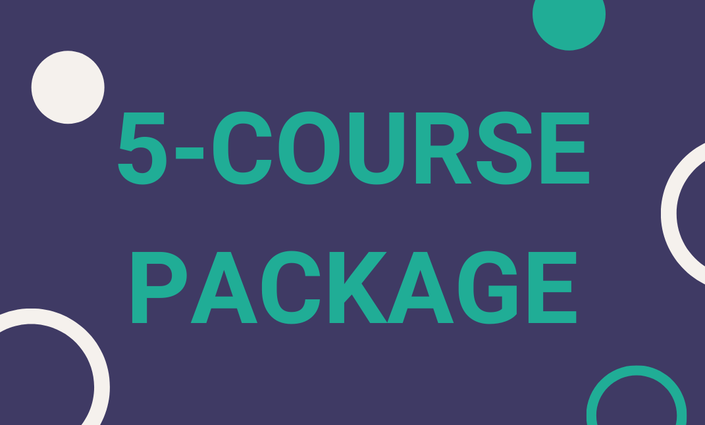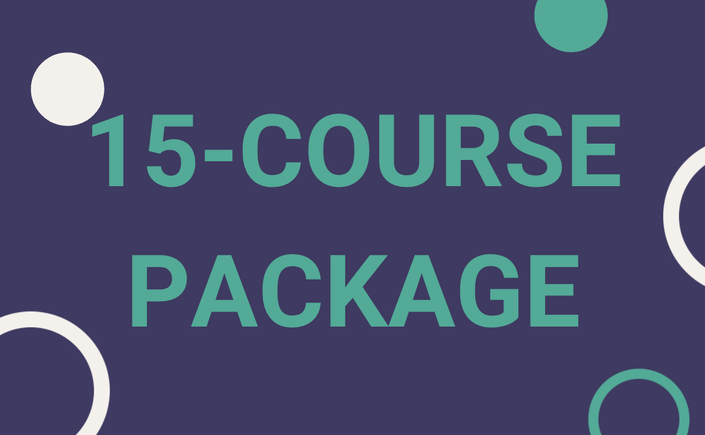
Addiction Mental Health: Psychedelics in Mental Health (Self-Study)
Self-Study
Join us for an in-depth exploration of addiction and its profound impact on mental health. This seminar delves into the neurobiology, psychological factors, and social determinants that underlie addiction, offering clinicians a comprehensive understanding of this complex issue. Through evidence-based assessment and intervention strategies, participants will gain essential skills to effectively support individuals with addiction and co-occurring mental health disorders.
Hosted by the SWEET Institute, this confidence-boosting seminar allows you to Learn and Earn 1 CE credit! Join us on Wednesdays, 8-9 pm (EDT) to embark on a journey towards holistic and person-centred care for individuals struggling with addiction and mental health challenges.
Join us for this confidence boost!
Learn and Earn 1 CE credit!
Seminar Objectives:
- Comprehend the concept of addiction and its intricate relationship with mental health disorders.
- Explore the prevalence and far-reaching impact of addiction and co-occurring mental health disorders.
- Examine the biopsychosocial-cultural model of addiction, focusing on the interplay between biological, psychological, and social-cultural factors.
- Unravel the neurobiological mechanisms of addiction, including the influence on brain structure and function.
- Understand evidence-based screening and assessment methods for addiction and mental health disorders, considering cultural sensitivity and trauma-informed approaches.
- Recognize common co-occurring mental health disorders in individuals with addiction and explore strategies for integrated treatment.
- Introduce evidence-based interventions such as Motivational Interviewing, Cognitive-Behavioral Therapy (CBT), and Medication-Assisted Treatment (MAT).
- Address the principles of harm reduction and stages of change in addiction treatment.
- Discuss the impact of trauma in individuals with addiction and trauma-informed approaches in addiction treatment.
- Explore the sociocultural context of addiction and mental health, along with strategies for reducing stigma and promoting culturally humble care.
Topic Titles:
- The Science of Addiction
- The Biopsychosocial-Cultural Model of Addiction
- Psychedelics in Mental Health
- The Genetic and Environmental Factors Influencing Vulnerability to Addiction
- Screening and Assessment for Addiction and Mental Health
- Evidence-based Screening Tools and Assessment Methods for Addiction and Mental Health Disorders
- The Bidirectional Relationship Between Addiction and Mental Health Disorders
- Strategies for Integrated Treatment
- Addressing the Complex Needs of Individuals with Co-occurring Disorders
- Evidence-based Interventions for Addiction and Co-occurring Mental Health Disorders
- Medication-Assisted Treatment (MAT)
- Principles of Harm Reduction and Stages of Change in Addiction Treatment
- Impact of Trauma in Individuals with Addiction
- Trauma-Informed Approaches in Addiction Treatment
- Rebuilding Relationships and Social Support Networks
- Ethical Dilemmas and Decision-Making in the Context of Addiction Treatment
- Addressing the Social Determinants of Health and their Influence on Addiction and Mental Health Outcomes
- Discussing the Sociocultural Context of Addiction and Mental Health
- Strategies for Reducing Stigma for Individuals with Addiction and Mental Health Challenges
- Promoting Culturally Humble Care for Individuals with Addiction and Mental Health Challenges
- Discussing the Strengths and Limitations of Different Models and their Implications for Understanding and Treating Addiction
- Addressing the Importance of Adopting a Holistic and Individualized Approach to Addiction and Mental Health Care
- The Role of the Reward Pathway and Dopamine in Addiction
- The Implications of Neuroplasticity for Addiction Treatment and Recovery
- Addressing the Concept of Tolerance, Withdrawal, and Cravings in Relation to Dopamine Activity
- Genetic Factors on Addiction Vulnerability
- Genetic Variations in Neurotransmitter Systems and their Impact on Addiction Risk
- Genetic and Environmental Factors in Addiction Development
- Stress and Addiction
- The Impact of Chronic Stress on the Brain's Reward System and Vulnerability to Addiction
During this experiential 1-hour seminar, participants will actively engage in the learning process, gaining practical insights and techniques to support clients effectively in their daily practice. Don't miss this opportunity to make a positive impact on the lives of individuals struggling with addiction and mental health challenges. Join us for Addiction Mental Health: A Comprehensive Approach. See you there
Join Us Now!
Or pick from one of our Packages!
Who is this for?
This course is for any clinician invested in learning new or honing existing skills to be able to use in dynamic ways to support their patients and clients and to end suffering.
KEY INFORMATION:
This course is eligible for 1 CEU for Licensed Social Workers, Licensed Mental Health Counselors, Licensed Marriage and Family Therapists, and Psychologists in New York State
For more information about CEU approval, please click here.
Format: Self-Study Online Seminar

"It provides a useful and illuminating approach to anger and working with patients who are angry." - Enid, LMSW

"it was liberating and will help others to see the world with a new lens." - Kelly, LMSW

"Gave a good baseline understanding of what to look out for in clients with eating disorders and how to better understand how these disorders develop." - Anneliese, LMSW
Join Us Now!
Or pick from one of our Packages!
Your Facilitator and Co-Facilitator

Mardoche Sidor, MD, is a Harvard-trained Quadruple Board Certified Psychiatrist, Assistant Professor of Psychiatry at Columbia University, School of Physicians and Surgeons, trained in and taught all major psychotherapeutic modalities, including and not limited to CBT, DBT, Family Systems, and Psychodynamic Psychotherapy. He is also the author of 11 books including Journey to Empowerment, Discovering Your Worth, The Power of Faith. and, The Art of Living. Dr. Sidor has worked both as a primary care physician and Medical Director in three different settings, including a Chief Medical Officer of the Center for Alternative Sentencing and Employment Services (CASES). He is a main facilitator for the SWEET Institute. His 11th book, entitled, NLP for Clinicians is now available to the public.
Karen Dubin, PhD, LCSW, is a Columbia-trained Social Worker with wide clinical, teaching, and supervision experience. She also has a background in management, mentorship, and leadership that spans more than 20 years. Her added passion is in advocacy and coaching. She has previously held Executive level positions, and two other directorships in different organizations. She is currently Adjunct Faculty at Columbia University School of Social Work and Adelphi University School of Social Work. She also maintains a private practice, provides supervision, and clinical and management training. She is also a personal and executive-level coach. She is a main facilitator for the SWEET Institute.
SWEET Curriculum







